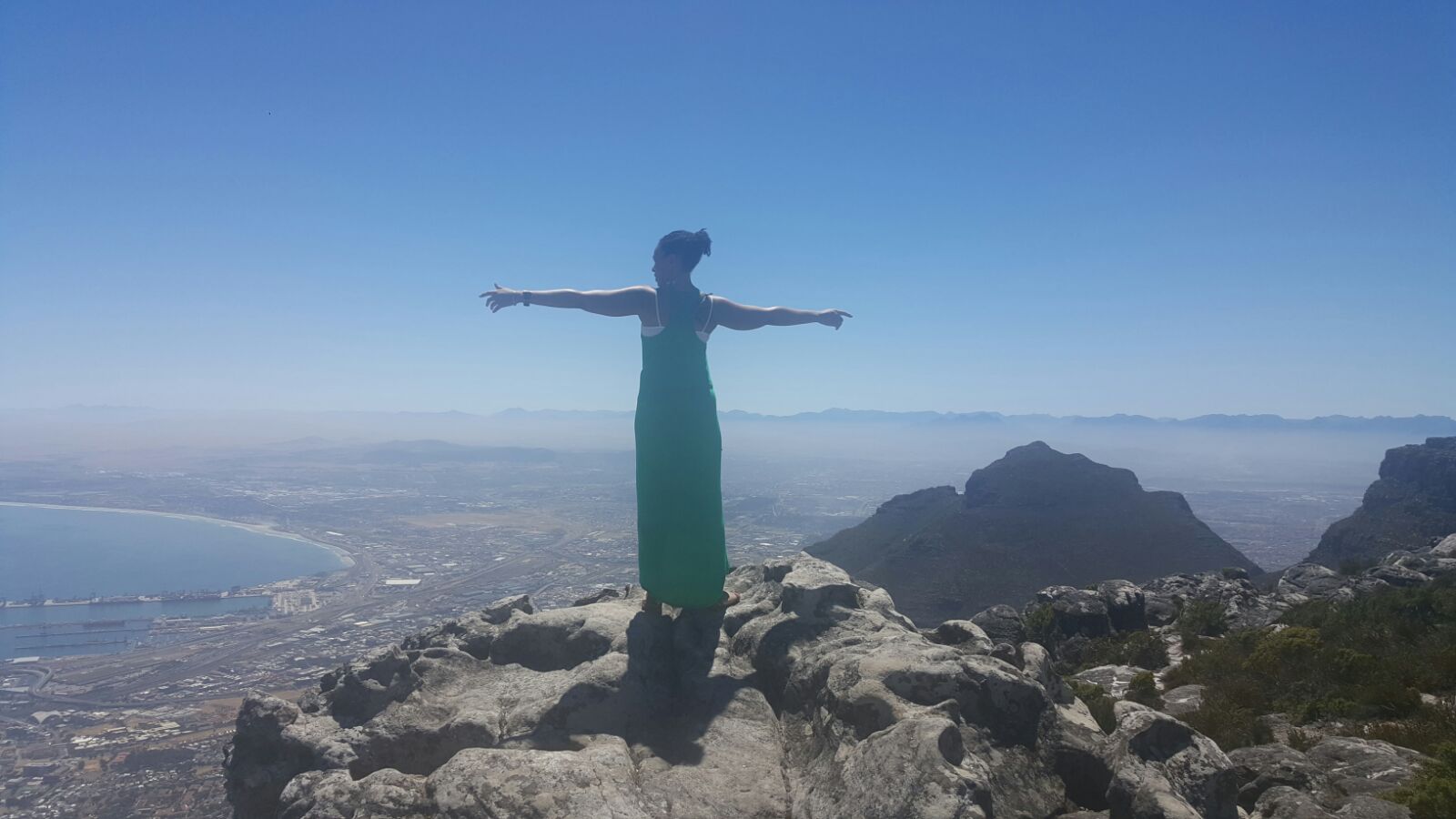
When I mentor medical students and residents I always emphasize the importance of considering their personal well-being when choosing a residency program or their first post training position. I remind them to place as much importance on staying connected to family and friends as they do on studying. To balance off time with academic time. We review their healthy coping strategies and ways to maintain them during the stressful and sometimes erratic periods during the year. I remind them to enjoy the journey. I share with them that I had so much fun during both & I came out on the other side alive.
When I went to college, I had a standing Sunday night phone call with my mother. It was part of my schedule and there were consequences to missing that phone call just as there would have been if I missed an assignment or a test. I made use of my planner to organize my schoolwork and deadlines. Each week, I made a to-do list. In medical school, during particularly rough weeks, my list may have been detailed to the hour. My well-being also required that I prioritize staying connected to my social network. I didn’t study on Friday nights. That was my night to chill on the couch with my roommate, catch up with friends or go out if there was something to do that was also financially friendly to my college budget.


- Besties from college @ my residency graduation, Nashville, TN
- Besties from residency celebrating in Negril, Jamaica
When I applied to medical schools, I chose schools that were within driving distance from my hometown. When I applied to residencies I chose programs in cities where I had family or friends close by. I ended up matching to a program in the same city as my medical school, which worked perfectly for me. I could still drive home and I already had a strong social support system, all while being able to have a new experience at a neighboring institution. Nearby support systems proved invaluable during my most stressful moments.
As physicians, most of us will continue to practice medicine the way we were taught by our attendings in residency. The subtle art of medicine becomes important when we encounter a clinical or social situation you can’t look up in a book. In such situations, we draw on those pearls of wisdom passed on over surgery patient in the OR, over peanut butter & crackers in the doctor’s lounge or during those dreadful checkouts at 3 am; “Dr… I’m so sorry to wake you, can I run this patient past you?” In the same vain, the self-care habits you establish during training will be just as important as the clinical aspects of your training. Learning to prioritize yourself in your career, early on, will allow you to be a more healthy and well-rounded physician. Though not the only solution, hopefully it’s one way we can begin to decrease the burnout that is plaguing our profession.

